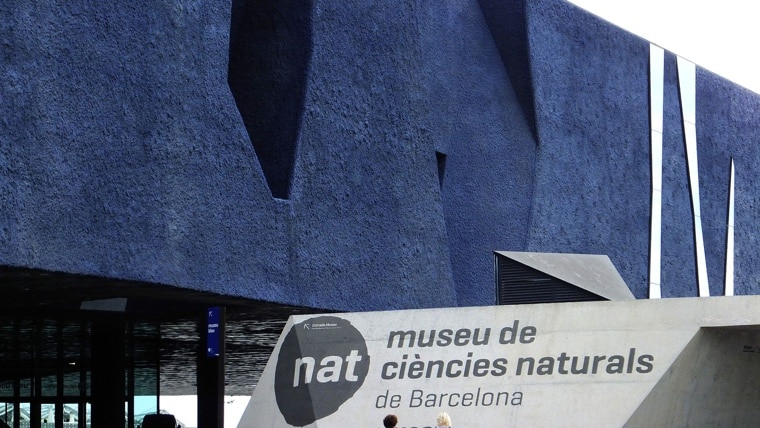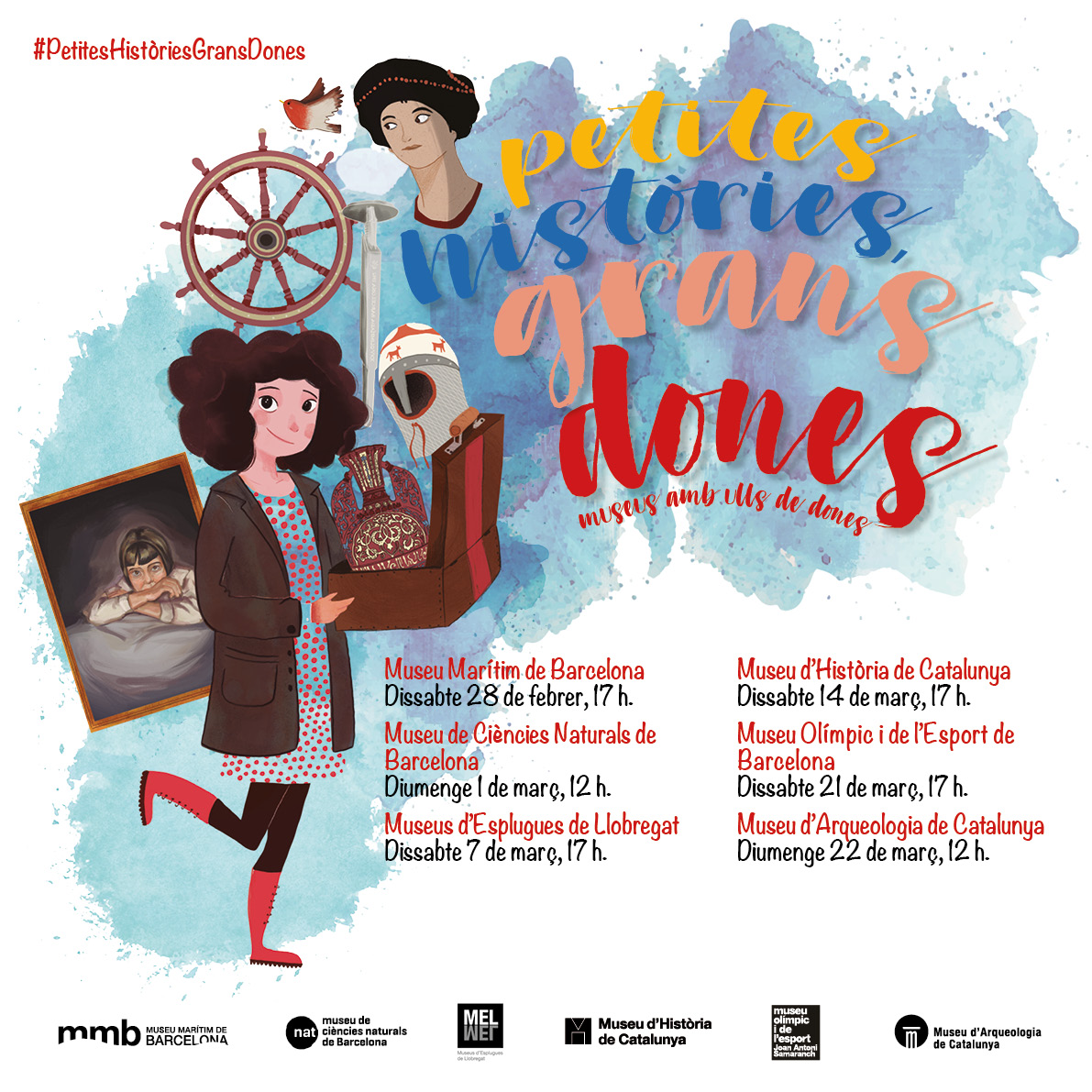On a memorable afternoon, the Museu de Ciències Naturals de Barcelona has been the setting for the award ceremony of the Premi Nat, an award that honors those who have made exceptional contributions to the popularization of science and nature conservation. This year, the recognition has gone to an emblematic figure in the world of science and popularization: a writer and producer with a legacy that transcends borders and continues to travel beyond our solar system.
 A legacy in gold records
A legacy in gold records
NASA’s Voyager interstellar messaging project is undoubtedly one of the most fascinating milestones in human history. In 1977, the Voyager mission was launched, with two unmanned spacecraft carrying on board golden discs with images and sounds representative of our planet. The mission of these discs was none other than to tell possible extraterrestrial civilizations who we are, what defines us as humanity and what our essence is. A monumental project, directed by the award-winner, that compiled the sound of waves, a baby’s laughter, and songs ranging from Beethoven to Chuck Berry. These little time capsules still travel through space, carrying a message of curiosity and hope.
The Premi Nat: a recognition to the disclosure
The Premi Nat, which was born in 2018 to commemorate the 140th anniversary of the Museu de Ciències Naturals de Barcelona, is an award that goes beyond the economic. With an endowment of five thousand euros, it rewards those people or institutions that have excelled in the dissemination of natural sciences and have helped to promote scientific vocations. This award underlines the importance of connecting with citizens, awakening scientific curiosity and inspiring a future that is more respectful of our natural environment.
Science that inspires generations
The award-winner’s name is inescapably linked to the television series Cosmos, a production she co-wrote with her late husband, Carl Sagan. Premiered in 1980, Cosmos is a personal journey through space and time that has been seen by more than 400 million people worldwide. This documentary not only introduced a global audience to the wonders of the universe, but also opened the door to a greater understanding of our place in the cosmos. The series won several awards, including the Peabody and Emmy, cementing its place as one of the most important science programs on television. But the adventure did not end there. Decades later, the popularizer pushed for two more seasons: Cosmos: A Time and Space Odyssey (2014) and Cosmos: Possible Worlds (2020). Both were as acclaimed as the original, combining science with a captivating narrative that made knowledge about the universe accessible to all.
An award celebrating the connection between science and society
During the presentation of the Nat Award, which took place this afternoon in Barcelona, the laureate gave the lecture “At the door of the stars”, a title that perfectly sums up her career and her passion for exploring the unknown. His work focuses not only on what we know, but also on what we might discover, on the mysteries that remain to be solved.
In this edition of the Nat Award, the collaboration of the Fundació Catalana per a la Recerca i la Innovació has been key to highlight the role of science as a driver of innovation and progress. Science should not only remain in laboratories or in the minds of researchers, it should be shared, disseminated and debated. That is the true essence of outreach, and that is what this award celebrates.
Inspiration for new generations
The jury of the Nat Award was composed of high-level professionals in various scientific disciplines, such as the director of the Museu de Ciències Naturals de Barcelona, researchers, environmental activists, and experts in genetics and neuroeducation. Each of them recognized the importance of bringing science to a wide audience, inspiring new generations and fostering a greater connection between society and the scientific world.
In the age of misinformation, such initiatives are more necessary than ever. Scientific dissemination is vital not only to educate, but also to awaken an innate curiosity in people, to remind them that knowledge is a right, not a privilege.
A tribute to the popularization of science
In a world where science often faces indifference or skepticism, the work of popularizers like the award winner is crucial. It reminds us that knowledge can be exciting, that science is full of amazing stories that deserve to be told, and that our duty as humanity is to keep exploring, learning and sharing.
Through his work, he has shown that science can be both a personal adventure and a collective journey. From gold records traveling through space to television screens, his legacy will continue to inspire future generations. This afternoon’s event in Barcelona was not only a celebration of his career, but also a call to action.
Scientific knowledge must remain accessible and exciting for all, and we must continue to defend the importance of outreach in a world that needs verifiable facts and sound science more than ever.
With projects such as Voyager and Cosmos, the award-winner has shown us that the sky is not the limit, but the beginning of a journey into the unknown. A journey that, thanks to her tireless work, millions of people have been able to undertake from the comfort of their homes, without losing their capacity to marvel at the wonders of the universe.



